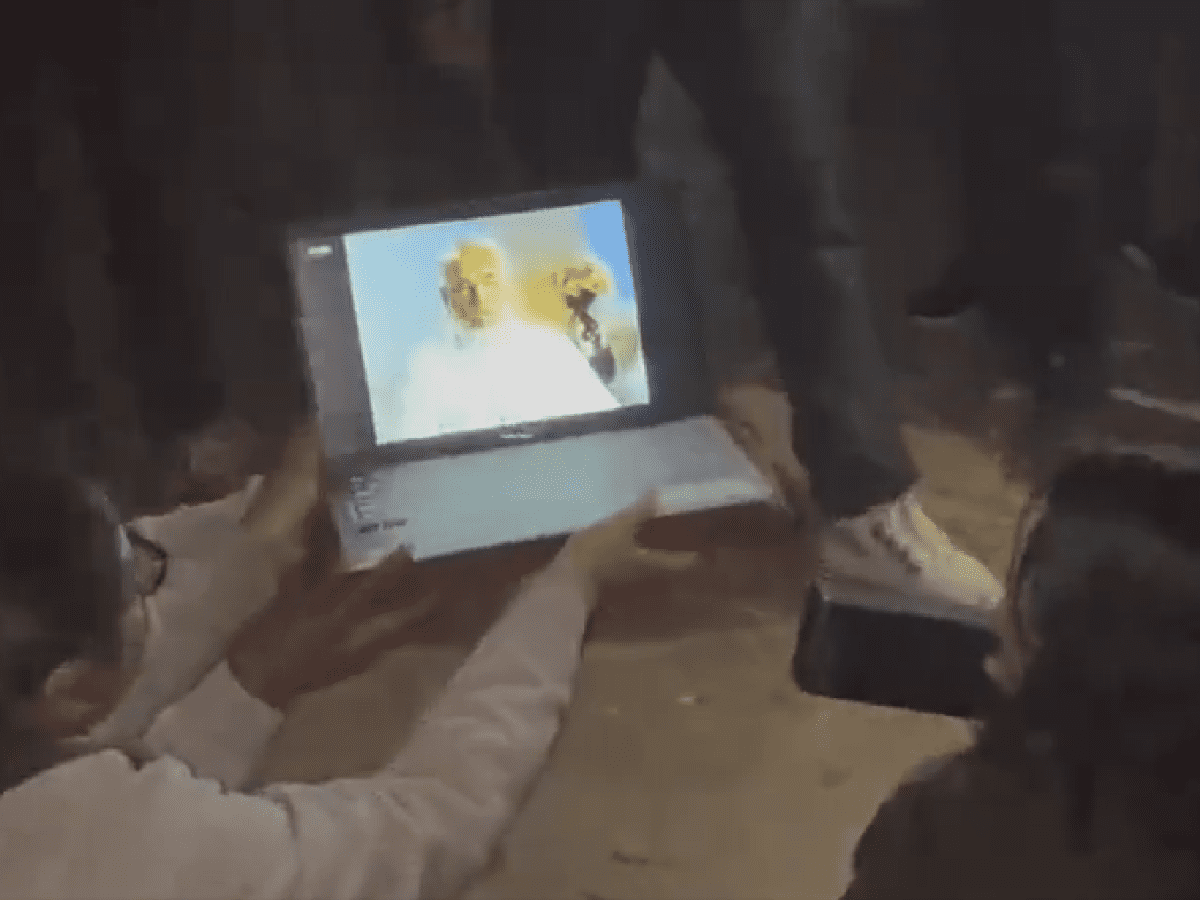
Protests broke out when students from the Jawaharlal Nehru University (JNU) were disallowed to watch the screening of the banned BBC documentary on Prime Minister Narendra Modi as university management cut out electricity and internet.
However, this did not deter the students as they decided to watch the documentary on their phones and laptops, reports said.
In a statement released the previous day, the JNU administration said that no prior permission was taken from the administration.
“The concerned students/individuals are firmly advice to cancel the proposed programme immediately failing which strict disciplinary action may be initiated as per the university rules,” the JNU administration statement said.
“This is to emphasise that such an unauthorised activity may disturb peace and harmony of the university campus,” the university said.
What is the BBC documentary on Modi?
The new two-part documentary series of the BBC (British Broadcasting Corporation) ‘India: The Modi Question‘ focuses on the 2002 Gujarat riots that killed thousands and left millions homeless, especially in the Muslim community, and the role played by the then chief minister Narendra Modi’s government.
The two-part documentary which is aired only in the United Kingdom looks at the escalating tension between the Muslim community and the Bharatiya Janata Party (BJP) as well as Hindu right-wing organisations – Vishwa Hindu Parishad (VHP) and the Rashtriya Swayamsevak Sangh (RSS).
The first part of the two-part series, reportedly reveals ‘never-seen-before’ or ‘restricted’ documents in detail. These reports were never published to the public.
It states that “Modi is directly responsible” for the riots that killed millions of people and displaced many, mostly Muslims. It also said the “violence was politically motivated” and the aim “was to purge Muslims from Hindu areas”. The riots were impossible “without the climate of impunity created by the state government.”
Speaking to the BBC, former foreign secretary, Jack Straw (2001-2006) said he was personally involved in the investigations as the data and results provided were alarming.
“I was very worried about it. I took a great deal of personal interest because India is an important country with whom we (the UK) have relations. And so, we had to handle it very carefully,” Straw told the BBC, adding, “What we did was establish an inquiry and have a team go to Gujarat and find out for themselves what had happened. And they produced a very thorough report.



